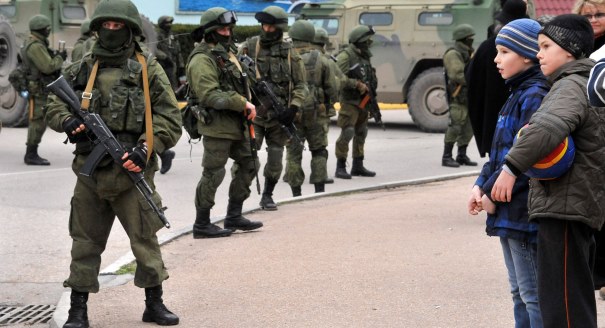President Putin has received approval from the upper house of parliament to use Russian military forces in Ukraine. Even before this, Russian troops were sighted landing in Crimea.
Thus, I would not rule out a military operation in Ukraine not limited to Crimea, but also covering eastern and southern regions of the country. The Ukrainian turmoil has pushed Russia to looking for a solution to the Ukrainian issue that would probably include a Crimea within the Russian Federation and eastern and southern regions of Ukraine forming a separate entity integrated with Russia economically and aligned with it politically. It is not clear at this point whether Kiev will be left to build a rump Ukraine with the western regions or whether it will be swayed to join the eastern regions.
The situation is extremely tense. The Russian parliament even asked Putin to recall the ambassador to the United States in response to President Obama's recent reference to the "high price" Russia would pay for intervening in Ukraine. Russia and the West find themselves on the brink of a confrontation far worse than in 2008 over Georgia.





